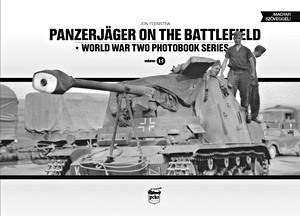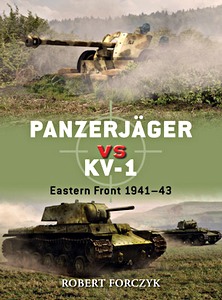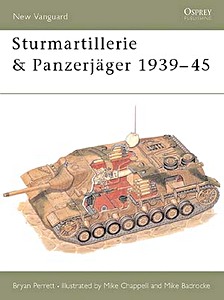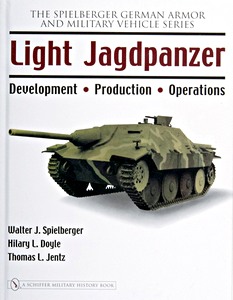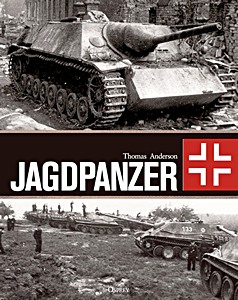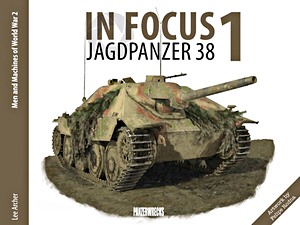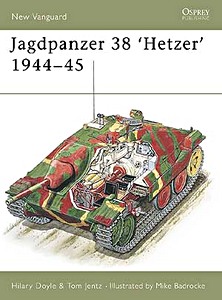German Tank Destroyers
During the early days of World War II, the need for motorized antitank units became evident as traditional horse- or automobile-drawn units proved ineffective due to their slow pace. Initially mounted on obsolete tank chassis like the Panzerjäger I and II, German engineers later utilized the robust Panzer IV, Panther, and Tiger chassis for tank destroyers.
Recognizing the superiority of enemy antitank guns during the invasion of France and facing formidable Soviet tanks during Barbarossa, German forces swiftly adapted.
In response to the appearance of the potent Soviet T-34 in 1941, Germany introduced the motorized Panzerjäger, offering increased speed and mobility. Subsequent enhancements, such as the 7.5cm gun in 1942, were influenced by frontline reports. Successful conversions, including the lightweight Hetzer based on the modified Panzer 38(t), became formidable tank destroyers deployed effectively by the Wehrmacht.
This illustrated account, featuring hundreds of period photos, thoroughly examines the development and deployment of various tank destroyer models throughout World War II.
Caractéristiques
| Auteur : | Pierre Tiquet |
|---|---|
| Présentation : | 192 pages, 25.5 x 21 x 2.5 cm, relié |
| Illustration : | 250 photos en N&B et couleurs, dessins |
| Editeur : | Casemate Books (GB, 2021) |
| ISBN : | 9781612009063 |
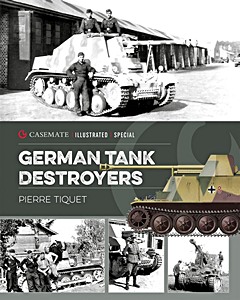
German Tank Destroyers
Langue : anglais
Disponible sur Amazon - paiement sécurisé et livraison rapide
Acheter sur Amazon FRAcheter sur Amazon BE
Acheter sur Amazon CA


